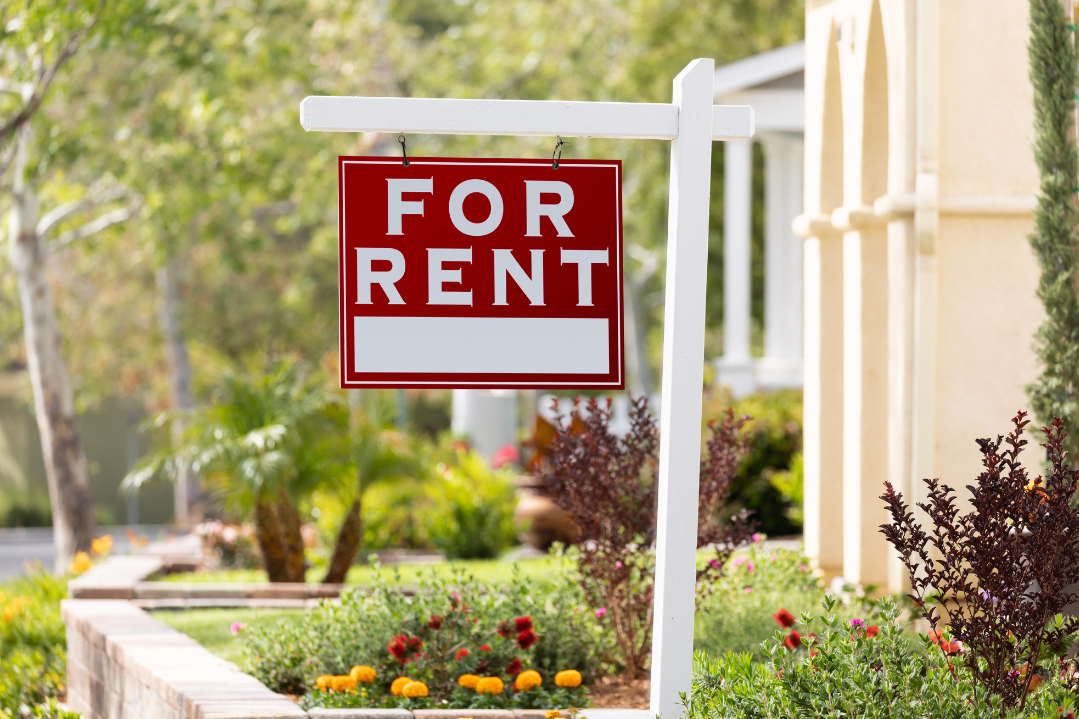
The COVID-19 pandemic certainly turned Canada’s housing market on its head. Many had anticipated a significant crash in the early days of the coronavirus public health crisis, but the opposite transpired, with a big change in consumer buying and selling patterns. Many Canadian homeowners experienced enormous equity gains on their residential properties and with remote work taking hold, they chose to sell and move elsewhere, in search of a bigger place, or a quieter way of life. What resulted in a massive demand for homes, coupled with a shortage of listings, created strong seller’s market conditions. With buying a home becoming a challenge, many homeowners decide to play it safe, with a plan to buy a house before selling one. But how do you buy a house before selling one first?
How Do You Buy a House Before Selling One?
Here are three tips to buy a home while selling your own:
#1 Research
After making the biggest purchasing decision of your lifetime, you are now poised to complete the second-largest purchasing decision of your lifetime.
As you may have done the first time around, do your research and due diligence before making the giant leap from one home to another.
Your first point of contact is your real estate agent. This industry professional will explain and break down everything you need to know about transitioning to your next property.
Here are some things that your real estate agent will discuss:
- Your personal financial situation (equity, down payment, line of credit, and other financial matters).
- Timeline (see below).
- Condition of your current home.
#2 Timeline
The timing can be the most challenging part of the simultaneous buying-and-selling process, with many different steps.
So, what should you look at exactly?
- Preparation: Preparing your home for sale before being listed is critical, so staging your home might be necessary.
- Shopping: The next step is shopping for a new home, be it a single-family detached, a condominium suite or one of the many other options in between. Some recommend adding a condition of sale into the purchase agreement, whereby if you haven’t sold your existing home, you can back out of your purchase without losing your deposit or incurring other penalties.
- Accept Offer: Regardless of market conditions, always ensure a lawyer reviews your contract.
- Closing: Depending on your agreement of purchase and sale, the timing of your closing could range from a few weeks to a few months, during which time the buyer would get a home inspection, appraisal, legal documentation, and the myriad of other requirements associated with buying or selling a home.
In addition, it is critical to remember that you should also negotiate the timeline with buyers or sellers so that you have a decent amount of time for everything that needs to be done, rather than rushing the transaction.

#3 Down Payment
Here comes the tricky part: having a down payment on the home you are buying, without having sold your current home.
In many cases, the down payment for your new home comes from the equity you have in your present home.
On closing day, your attorney organizes the financials by paying off the mortgage of your old home, along with the realtor’s and other disbursements. Simultaneously, the remaining equity or designated portion of it will be sent to the lawyer representing the seller of the home you’re purchasing, along with the remaining funds from the lender. Everyone involved in the transaction is paid, usually on the same day, and the deal “closes.”
Here is an example:
- Your old home sells for $500,000. The remaining mortgage amount is $300,000. The new house you are purchasing is $600,000.
- The real estate lawyer receives the $500,000 from the buyers who purchase your home. He will make the necessary payments to all parties, including himself.
- You are left with $150,000 after costs, fees and disbursements. The attorney will transfer all or some of the $150,000 to the lawyer representing the property you are buying.
Surprisingly, despite crossing a lot of Ts and dotting a lot of Is, all of this is usually completed on the same day. This means that you do not need to embark upon leasebacks or temporary rent. In addition, even if the dates do not align, the financial institution can extend you a short-term “bridge loan” at a high interest rate. This is a valuable tool if the deal on the home you are selling closes after the deal on the home you are purchasing.
#4 Rent
Of course, you could consider renting if you do not want to rush things but still want to sell near the top of the market. Some purport that you could sell your property, temporarily rent an apartment, and put your stuff in storage. This could be a workable solution since finding a second home that suits your needs in a hot market can be challenging.

What About the Market?
Evidently, the Canadian real estate market is shifting from the strong seller’s market we’ve seen the past few years. Whatever the conditions may be, buying and selling a home at the same time can be difficult, particularly when buyers are competing for record-low supply and sellers are hoping to get top-dollar for their homes.
In the end, if Canada’s red-hot housing sector is cooling off by higher interest rates and a slowing economy, this might be the best time to buy and sell simultaneously.
Source: remax.ca
Posted by Infinity Admin on
Leave A Comment